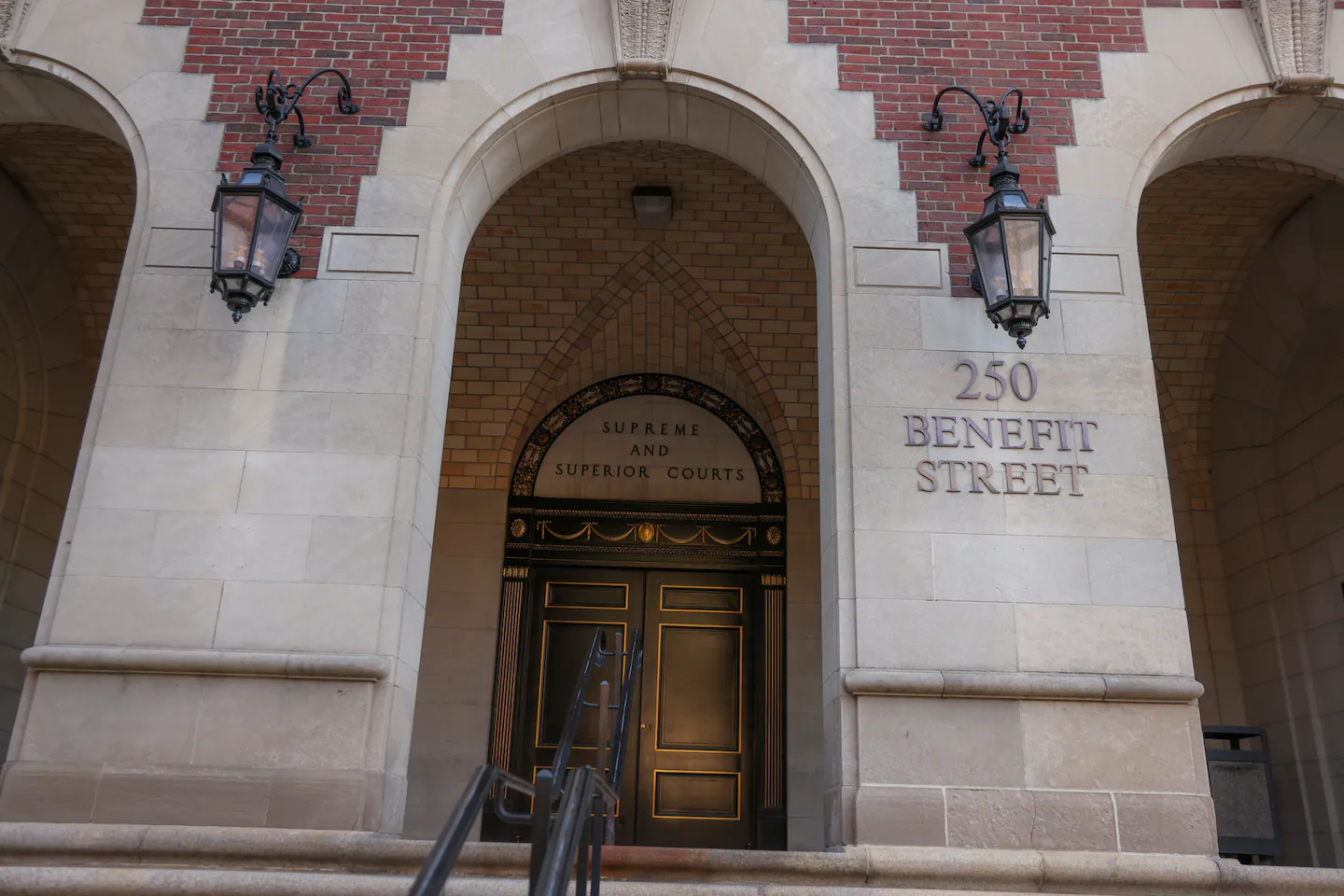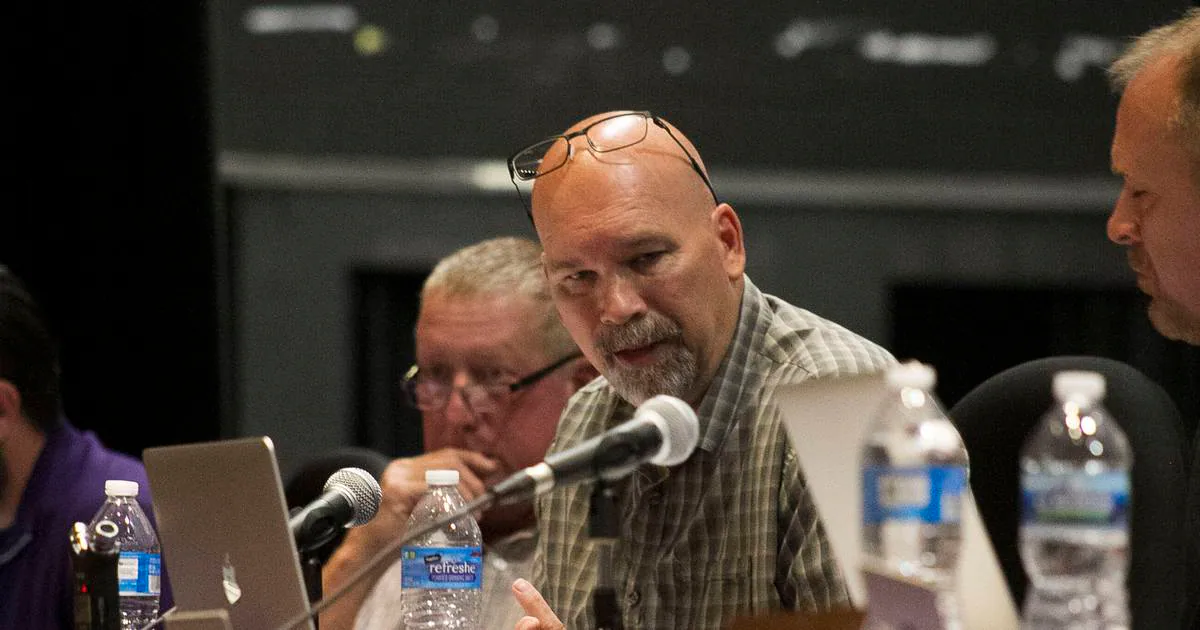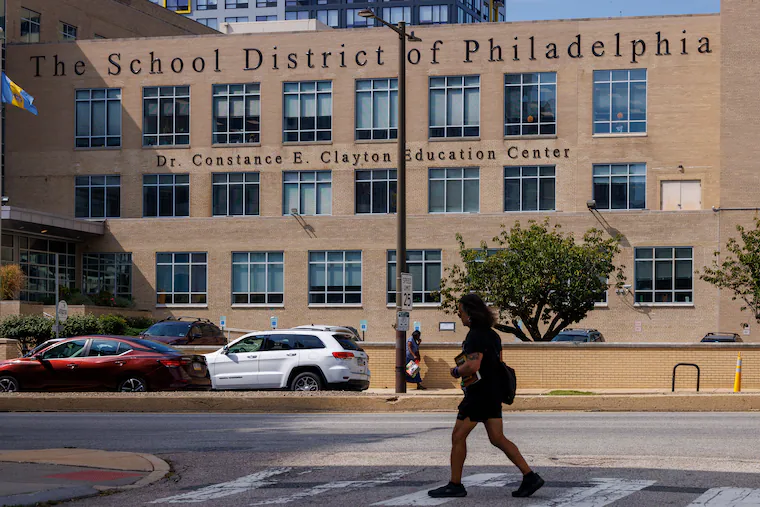
“This is a big win for organized labor,” Rhode Island AFL- CIO President Patrick Crowley said in a statement. “We were confident in our position all along and are glad the court agreed. The Continuing Contract Law has brought stability to labor relations in public education and for our cities and towns. Thank you to all the unions who stuck with the case over these many years.”
Randy R. Rossi, executive director of the Rhode Island League of Cities and Towns, said he was reviewing the ruling with attorneys and does not know if there will be an appeal. “It’s a disappointing decision based on the approach that was taken,” he said.
The 2019 law prevents municipalities from reopening contracts “in situations of dire financial straight for communities,” and that’s especially important now ”as we face tighter financial times,” Rossi said. “The communities need to have some lifelines to protect the taxpayers.”
The 2019 law, sometimes referred to as the “evergreen” contracts law, provides that the terms and conditions of contracts for teachers and municipal workers shall remain in effect after a contract expires as the parties negotiate. If the parties can’t reach an agreement during a dispute resolution process, the wage and benefit terms of the expired contracts (but not contractual provisions that limit layoffs) will continue until a new deal is reached.
In 2019, 16 municipalities sued, claiming the law was unconstitutional, and municipal leaders warned that the law would extend contract terms indefinitely and leave taxpayers “locked into contract terms they can no longer afford.”
In his 18-page decision, Lanphear rejected the claim that the law violates the contract clause of the state Constitution, which states that “no ex post facto law, or law impairing the obligation of contracts, shall be passed.”
The judge agreed that the law does impair contracts.
“This modification — not bargained for by the parties themselves — may extinguish significant bargaining power,” he wrote. “Expired contract terms will remain in effect even if the parties do not reach an accord on new terms.”
But, Lanphear said, the municipalities failed to prove that the impairment was “substantial.”
Labor and labor contracts are “heavily regulated,” he wrote. Under labor rules for teachers and municipal employees, parties “have an obligation to bargain in good faith every three years,” he wrote, and those employees “shall not have the right to engage in any strike, work stoppage, or slowdown strike.”
“The statutory scheme already contained a general expectation that the parties would bargain for new contracts every three years, a process that outlined what this bargaining would look like, and a statutory expectation that employees could not cause a work stoppage even if bargaining was not successful,” Lanphear wrote. “Based on these general expectations, the court is not persuaded a basic right was altered by the amendments.”
The judge said he could not conclude that the law “substantially” impaired a right because it “simply added an additional term that if negotiations were unsuccessful after the contracts expired, then the employees would be paid for work during this period.”
In March 2022, Lanphear had ruled that the law does not violate the home rule provisions of the state Constitution. He determined that the law applies equally to all cities and towns and does not affect their form of government.
The remaining plaintiffs in the lawsuit are the towns of Barrington, Bristol, Burrillville, Charlestown, Cumberland, East Greenwich, Glocester, Lincoln, Little Compton, North Providence, North Smithfield, and West Greenwich, plus the cities of Providence and Woonsocket.
The lawsuit, titled Town of Barrington v. State of Rhode Island, had 96 defendants, including school committees, school boards, teachers’ associations, teachers’ unions, municipal employees’ unions, and the State of Rhode Island.



